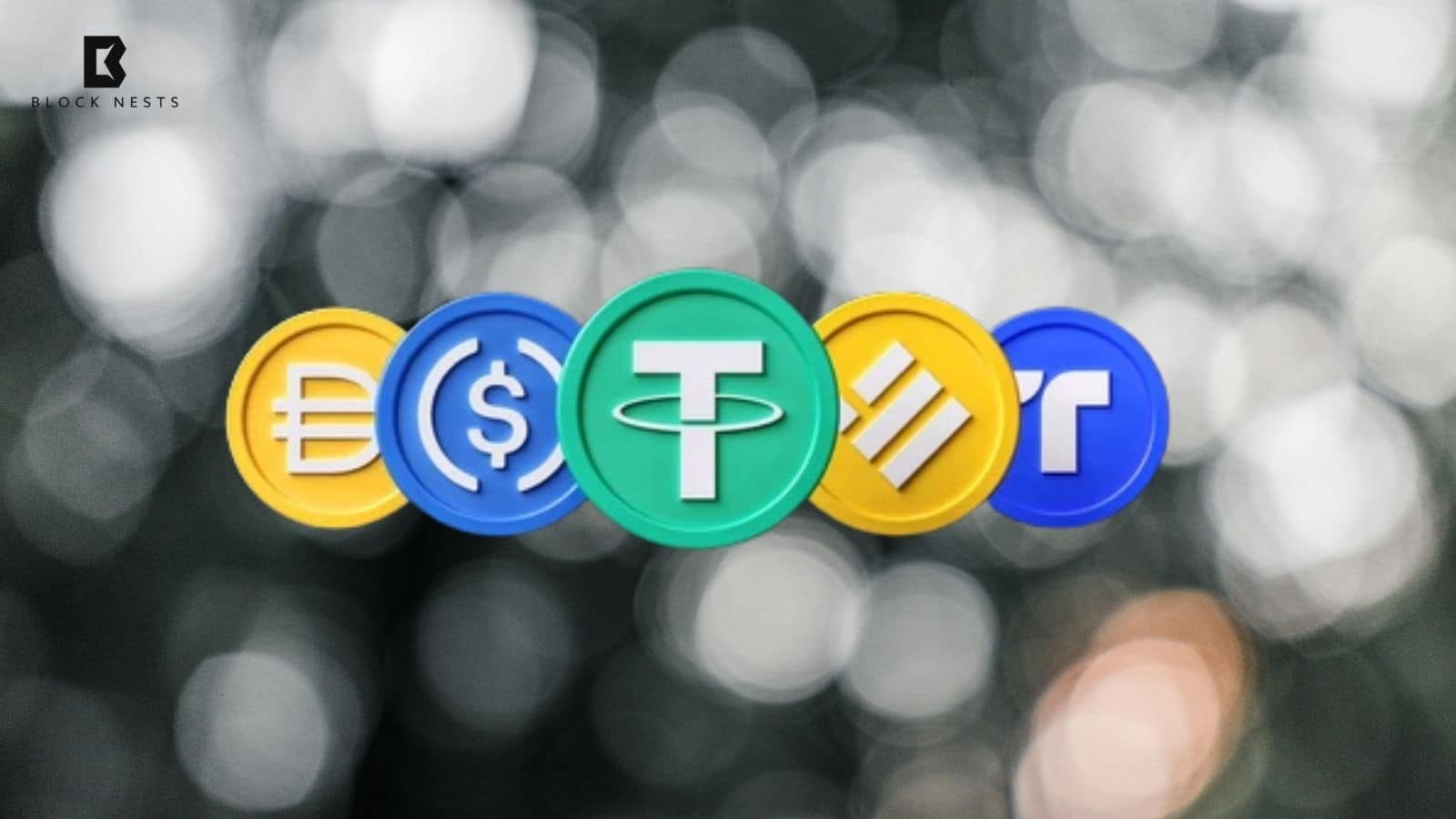- Sanctioned entities got $15.8B in crypto, 39% of illicit activity.
- Russia and Iran boost crypto use to bypass sanctions.
- Crackdowns rise, but Tornado Cash persists.
According to a report by blockchain analytics firm Chainalysis, jurisdictions and entities sanctioned by the U.S. Office of Foreign Assets Control (OFAC) received $15.8 billion in crypto transactions in 2024, accounting for 39% of all illicit crypto activity. This is a significant trend for sanctions-related transactions, where the level of illicit transactions is now being observed through state-sponsored financial networks rather than individuals.

Focus on Russia and Iran’s Crypto Infrastructure
The U.S. Department of the Treasury increased the battle against the financing networks for the sanctioned regimes, including those for Russia and Iran. OFAC targeted Russian players financing the military, including KB Vostok OOO, the manufacturer of drones using cryptocurrencies for financing the production of drones.
Sanctioned Russian exchange Garantex processed over $100 million worth of transactions using cryptocurrencies, including $40 million from transactions by parties under sanctions.
In Iran, the centrally located exchanges were busy, with the transactions using cryptocurrencies rising as the populace tried to avoid economic sanctions. In 2024, the outflows from Iran were $4.18 billion, up by 70% year over year, demonstrating increased dependence upon cryptocurrencies during economic uncertainty.

Crackdowns on No-KYC Exchanges and Money Laundering Networks
Authorities worldwide stepped up enforcement against the crypto platforms operating illegally. In the month of September 2024, the German Federal Criminal Police (BKA) shut down 47 Russian-language non-KYC exchanges under “Operation Final Exchange” against ransom payments through ransomware and darknet platforms.
A week later, OFAC sanctioned the Russian exchange Cryptex and its proprietor Sergey Sergeevich Ivanov for the facilitation of billions tied to fraud and cybercrime.
In December, the United Kingdom’s National Crime Agency (NCA) dismantled a massive Russian-language money laundering operation under “Operation Destabilise,” seizing over €20 million and arresting 84 individuals. The operation, administered through the likes of Smart and TGR, dealt over $200 million worth of criminal proceeds.
The Resilience of Tornado Cash and Decentralized Platforms
Despite sanctions and enforcement, the Tornado Cash mixing platform went on operating, logging a surge in transactions by 108% during the year 2024 from the year earlier. This revival is owed to stolen assets, including the proceeds from the exploitation of the HECO Bridge.

While enforcement authorities track illicit flows, platforms like Tornado Cash, being decentralized, challenge enforcement through their infrastructure being made up of smart contracts, thus being difficult to dismantle.
Conclusion
The crypto-related sanctions reflect the rising adoption by sanctioned actors and illicit actors alike of the use of digital assets. Disrupted by enforcement activities, however, the decentralised platforms’ robust nature and the rise of the no-KYC exchanges reflect the regulatory hurdles that remain. Authorities continue to improve the measures for complying, using the intelligence from the blockchain for tracking illicit transactions and avoiding exposure to the sanctioned actors.
Related Reading | Tron Leads Stablecoin Surge as Tether Mints $1B USDT and Circle Adds $250M USDC on Solana
How would you rate your experience?






